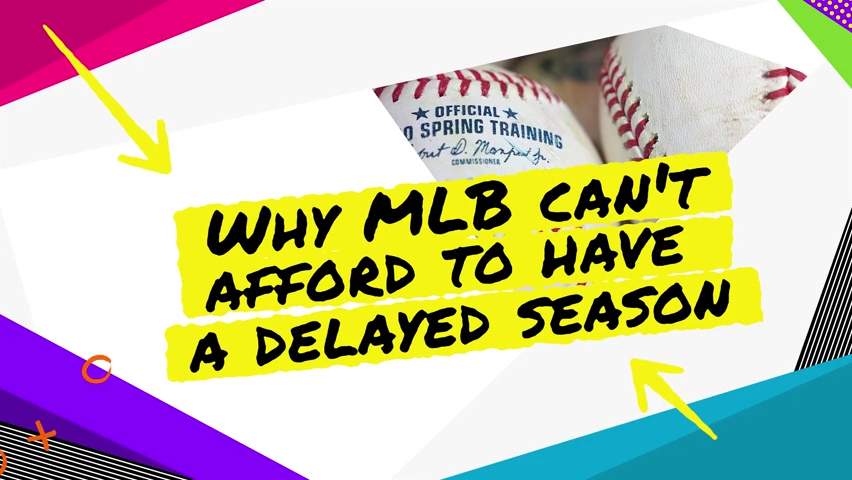First COVID, now a lockout: MLB labor dispute latest blow for spring training businesses
From restaurants to hotels, a washout of the spring training season would hurt Arizona and Florida businesses that depend on it.

- The MLB lockout isn't just bad news for fans, but for the businesses they support each spring.
- Arizona and Florida each estimate the games bring more than $600 million in revenue every year.
- But for the third consecutive year, businesses are wondering if things will return to 'normal.'
Having hoped to hit a financial homer at long last, businesses that cater to fans flocking to check out baseball's spring training are starting to worry whether they will face another strikeout.
A labor dispute between Major League Baseball and its players union that began with a lockout in December has left restaurants, hotels and other businesses that depend on fans in limbo. After 16 hours of negotiation on Monday, management set a deadline for Tuesday afternoon that will result in canceled regular-season games if an agreement can't be reached.
Spring training games, which were scheduled to begin last weekend, were canceled through March 7.
That was more bad news for long-suffering businesses looking forward to a solid comeback after the coronavirus pandemic canceled spring training in 2020 and limited attendance due to social distancing last year.
Between the fans and “snowbirds,” those frigid-weather refugees who winter in the Sunbelt, March is usually prosperous for many businesses in Florida and Arizona, which host spring training camps for the 30 teams. This year could be tougher.
►'A deadline is a deadline': MLB informs MLBPA that if there’s no deal by Monday, the regular season will be delayed
'A bummer'
“March is always a really good month, a chance to introduce our (restaurant) and food to people coming from out of town,” said Michael Ricci, senior manager of Grimaldi’s Pizzeria in Peoria, Arizona. As for the labor dispute, “it’s a bummer they can’t get together and figure this out.”
The annual influx of fans helped push the economic impact of spring training to $644.2 million in Arizona before the pandemic, found a study by the L. William Seidman Research Institute at Arizona State University’s W.P. Carey School of Business.
This year, businesses are already feeling the pinch.
“We haven’t seen the sales we normally see during spring training,” said Cas Iurcu of Sandwich Masterz in Goodyear, Arizona. And he considers his shop a destination for baseball fans. “Over the past five years, we have built up a pretty good reputation for that.”
Millions in play
The same scenario is playing out in Florida, where the annual economic impact is estimated at $687.1 million by the Florida Sports Foundation.
The pain of not having a full load of visitors not only affects hotels and restaurants, but other tourism-related businesses like rental car agencies and attractions, said Derrick Steinour, director of sales and marketing at the Hilton West Palm Beach.
He added, however, that groups and strong leisure travel bookings are helping to boost the Hilton and other hotels despite the spring training season setback.
Not so for some Florida businesses.
Already hurting
In Port St. Lucie, Brian Downing, owner of Tail-Gators Brews and Grill was bracing for 50% drop in sales for the first weekend of spring training compared to the same weekend in 2019. The restaurant is located just a mile from Clover Park, springtime home to the New York Mets.
Vicki Parmelee, owner of the Jumby Bay Island Grill in Jupiter, had been looking forward to fans who come every year as spring season regulars.
“We thought we were in the clear this year, that we were good to go," Parmelee said. “But you can't anticipate how a lockout will go.”
►MLB lockout: How the MLB lockout has already changed baseball for fans, players and owners
►Workers are returning to their offices: They're bringing anxiety, questions, even fear with them.
►COVID changes: Americans move to Texas, Florida and Alabama as more work from home since COVID
Contributing: Susan Salisbury and Katherine Kokal, Palm Beach Post; Greg Hardwig, Naples (Florida) Daily News